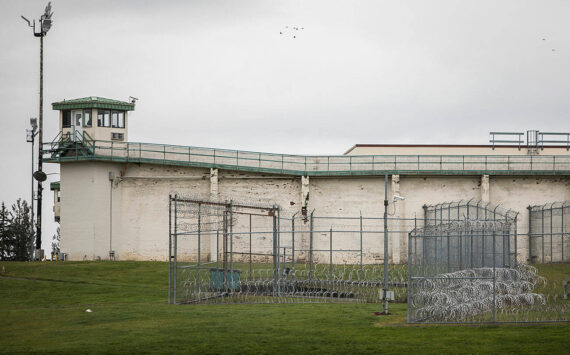Three serious oil spills and two close calls this past week sounded an alarm that showed how vulnerable Puget Sound is to a devastating environmental disaster, said Gerry O’Keefe, executive director of the Puget Sound Partnership. To that end, O’Keefe said he will reconvene the Oil Spill Work Group to evaluate and make recommendations to reduce the risk.
“With so much ship traffic pinched through our narrow waterways, it’s clear we could have a spill on the scale of the Exxon Valdez,” said O’Keefe. “But we must be resolute in doing all we can to prevent and be prepared to respond to spills and spill threats. The alternative is unacceptable.
“A major oil spill is the single greatest environmental threat facing Puget Sound,” added O’Keefe. “If we had a large spill, the damage to our ecosystem, economy and quality of life would be catastrophic. It’s also a threat that we can and should confront.”
In 2010, more than 2,400 individual commercial ships, oil tankers and fuel barges made more than 10,000 transits through Puget Sound carrying an estimated 22 billion gallons of oil as cargo or fuel. During the 1989 Exxon Valdez tanker spill in Alaska, about 11 million gallons of crude oil fouled 1,300 miles of that state’s coastlines. If a similar spill happened here, the consequences could be dire. The Department of Ecology has estimated that a catastrophic oil spill could cost Washington’s economy nearly $11 billion and affect 165,000 jobs.
The Puget Sound Partnership is leading the effort to restore and protect the health of Puget Sound. It also leads the state Oil Spill Work Group, which brings together many experts from Indian tribes, the private sector, environmental organizations and government agencies to make recommendations to the Governor and Legislature. The work group is focused on how to best ensure the state prevents and aggressively manages oil spills in Puget Sound, the outer coast and other state waters including the Columbia River. This year, it made recommendations passed by the Legislature (House Bill 1186) to improve oil spill response. Late last week, three accidents released a large volume of oil into Puget Sound.
On Oct. 14, the Washington Department of Ecology and U.S. Coast Guard responded after the landing craft Justin sank in Puget Sound, south of Alki Point in west Seattle. The Justin reportedly had 400 gallons of oil on board when it sank. The spill affected two miles of nearby shoreline. On Oct. 15, Ecology and the Coast Guard responded to a 100 gallon diesel fuel spill from a fishing tender vessel in Hylebos Waterway in Tacoma. And On Oct. 15, Ecology, the Coast Guard and Gig Harbor fire and police departments responded after a work barge sank in Gig Harbor and spilled diesel fuel.
“While we all need to focus on preventing oil spills in the first place, we want to applaud the Coast Guard and Department of Ecology for their success in mounting a rapid, aggressive and well coordinated response to all three incidents,” O’Keefe said. “All three spills damaged our environment but the outcome would have been worse without the rapid action by our state, federal and industry response partners.”




